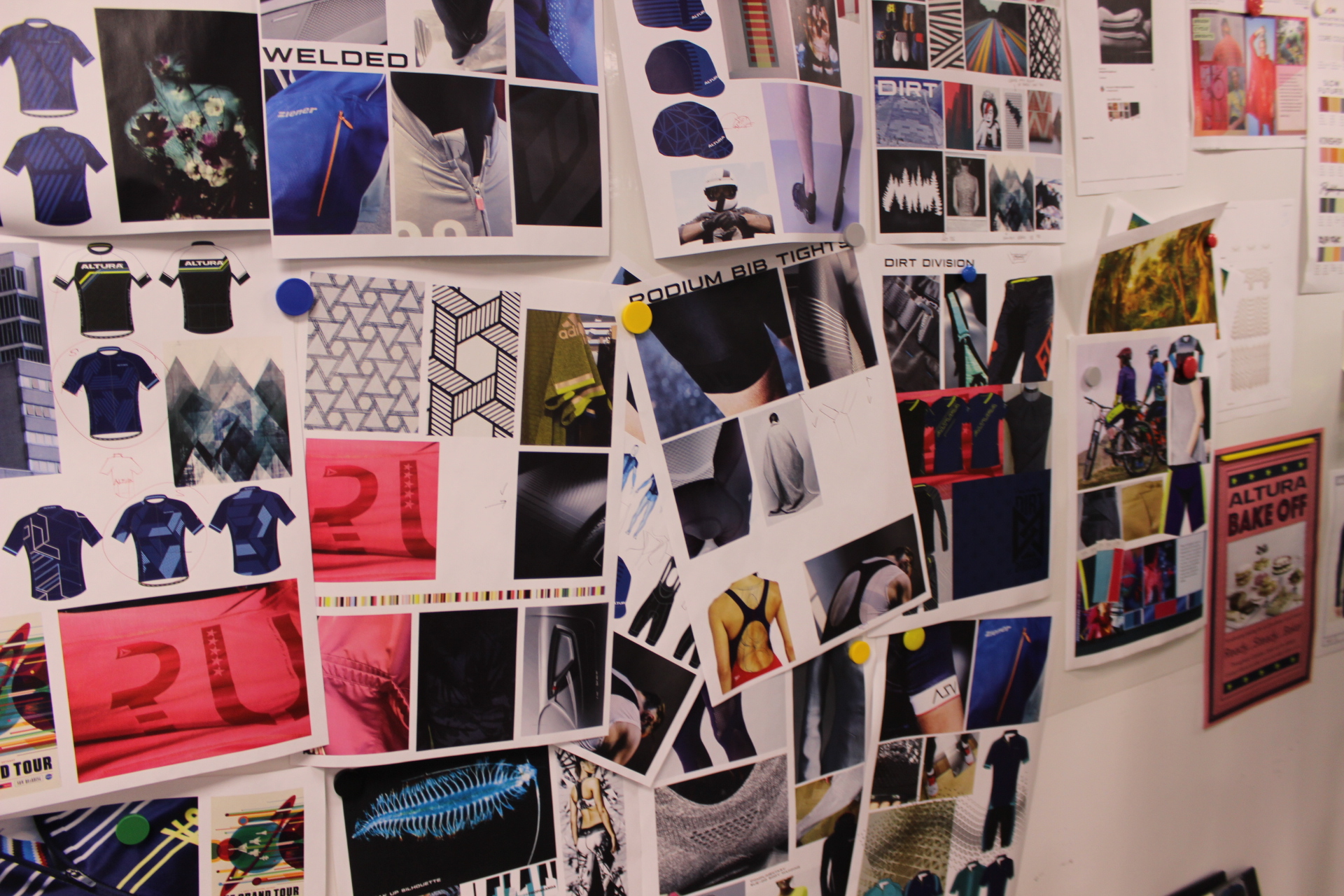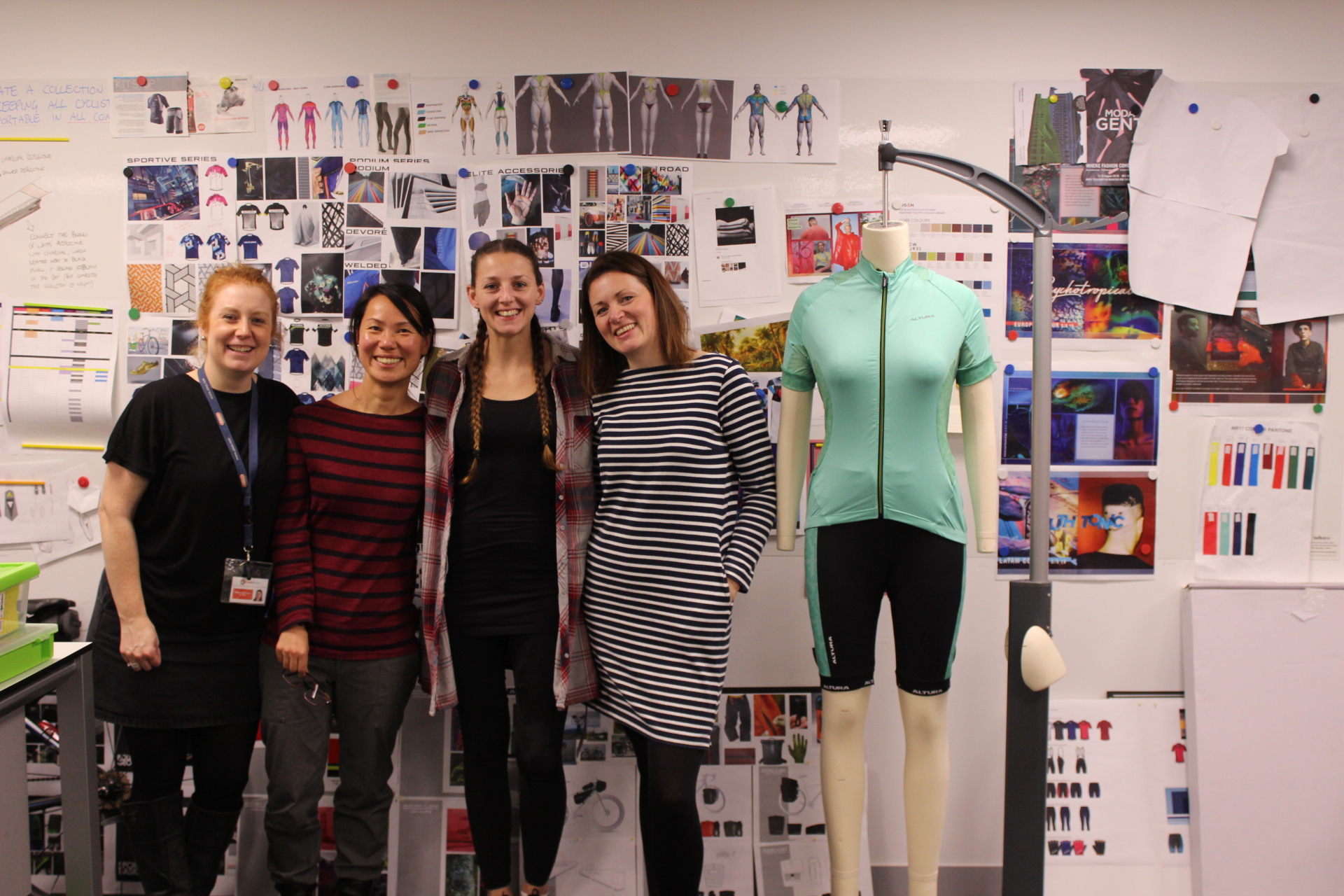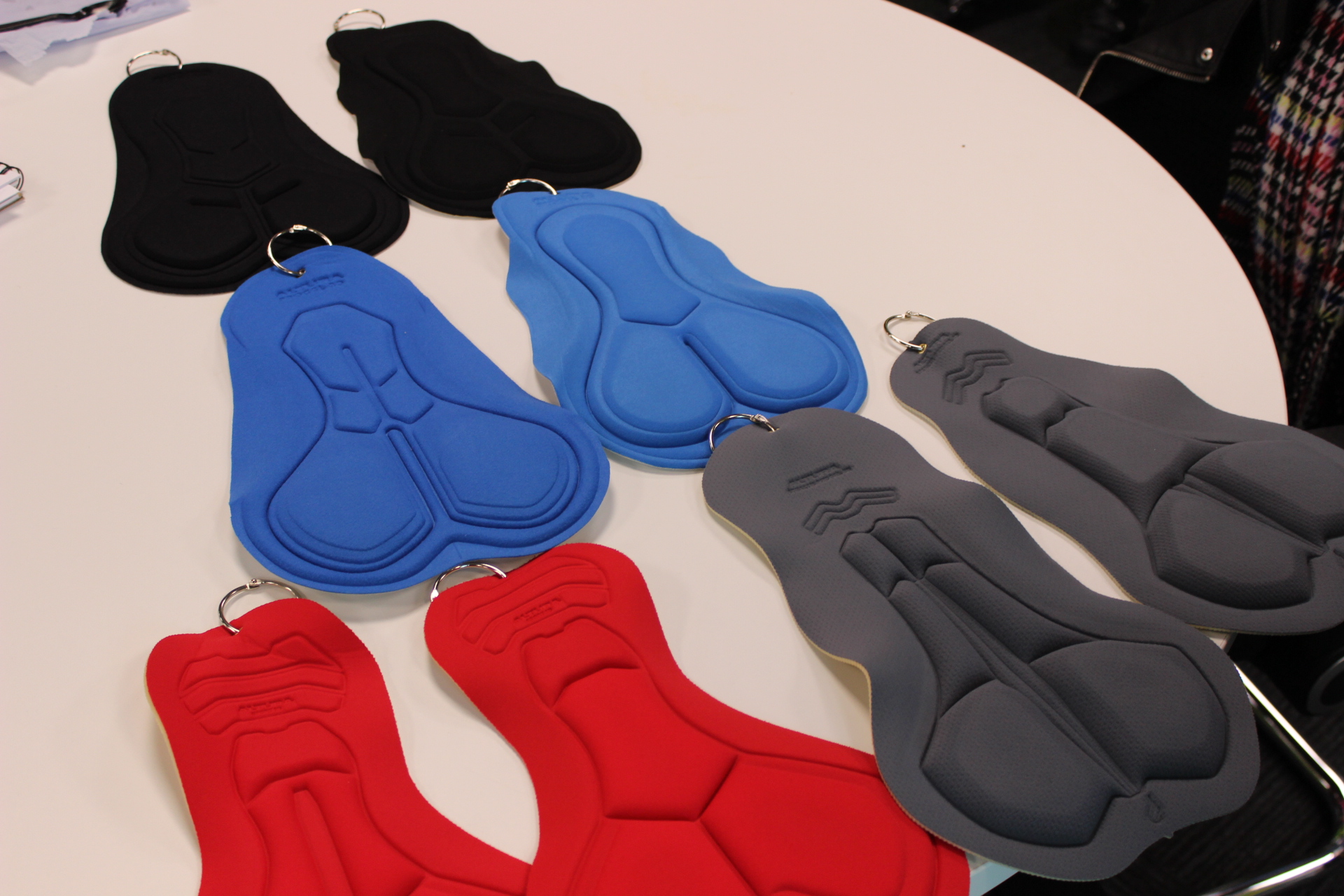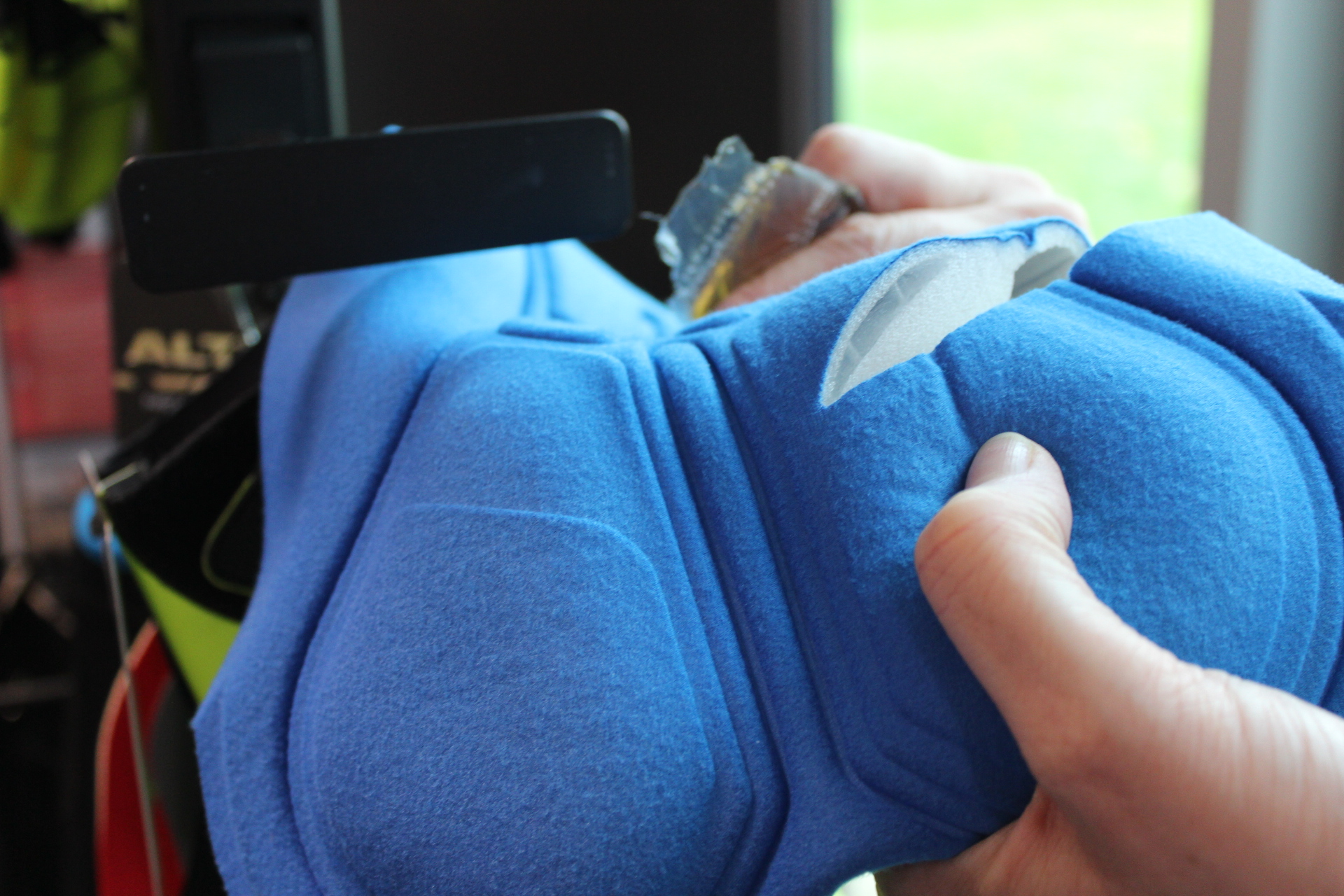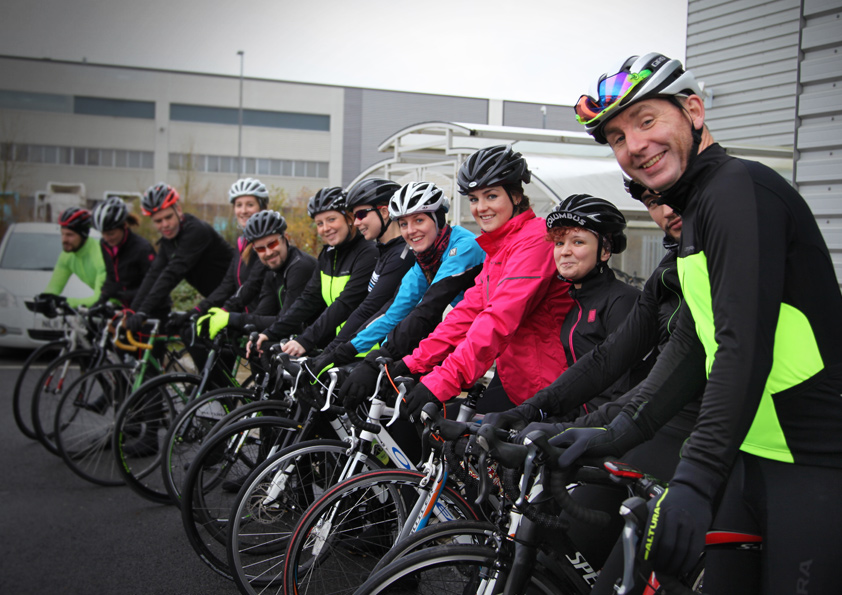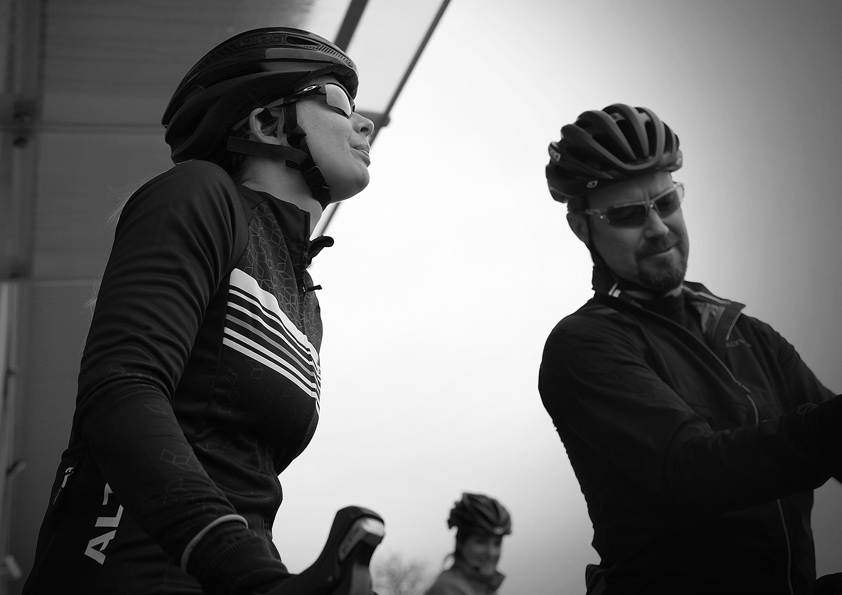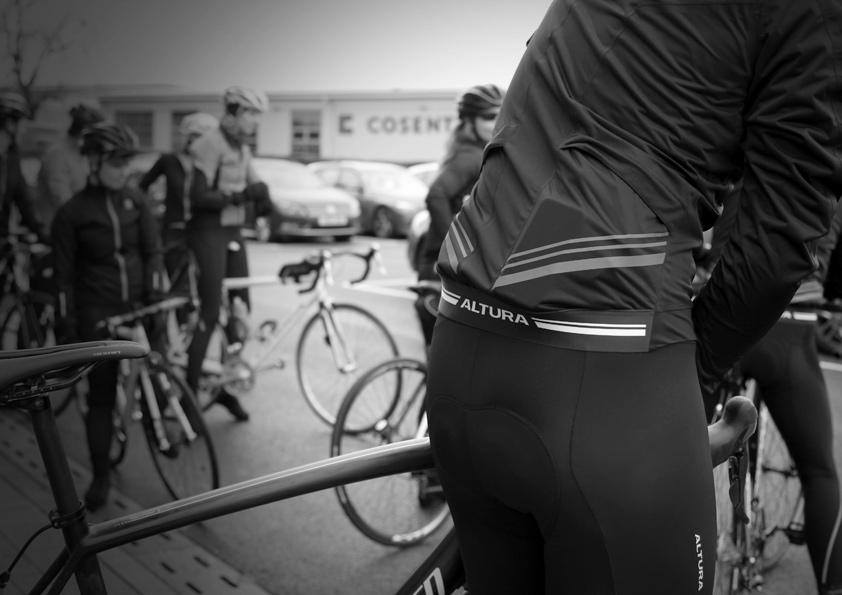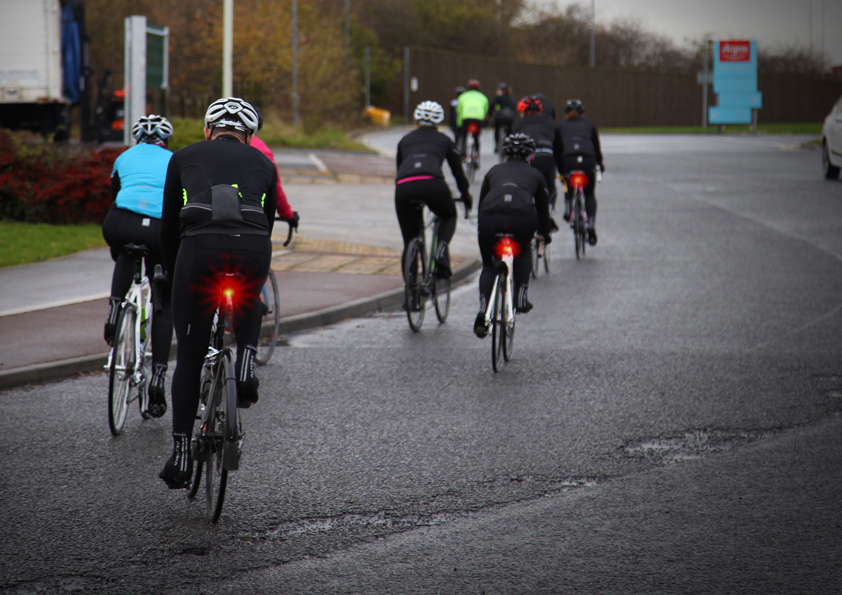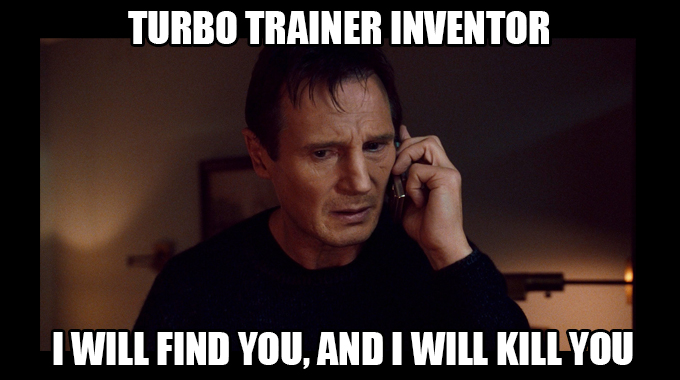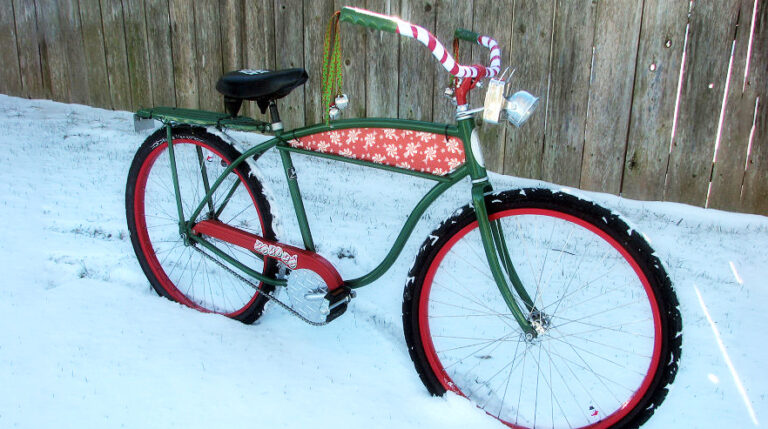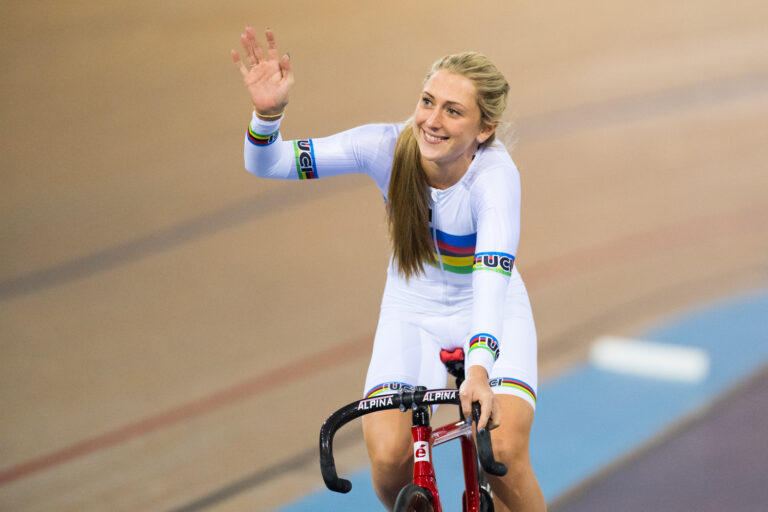Altura was founded almost twenty years ago, in 1997. Though they’re still famous for their very early creation – the Nightvision commuter jacket – the brand has evolved a lot over the past two years.
Director Clint Vosloo joined early in 2015, and since then Altura has entered into some new partnerships. Notably, with the World Global Style Network (WGSN) to make sure they’re on trend, and with Alvanon who have provided them with best-fit mannequins based on over 30,000 body scans.
All of the road, commute and mountain biking kit is designed at the UK office in Darlington, not far from the notorious Yorkshire Dales. Based inside distributor ZyroFisher’s office, the Altura team is quite notably full of women – not a circumstance you meet often in cycling.
10 Women Doing Cool Things for the Cycling Industry
Despite a sales split that still stands at over 80 per cent in favour of men, the women of Altura seem to somewhat rule the roost – in numbers and in share of voice. That shines through in the existing and emerging product, and in the brand’s Tuesday rides – which we had the pleasure of joining on a recent visit.
“The industry is currently male dominated, and until it’s equal we will keep driving.” – Sophie Laliberte – Product Creation Manager at Altura

